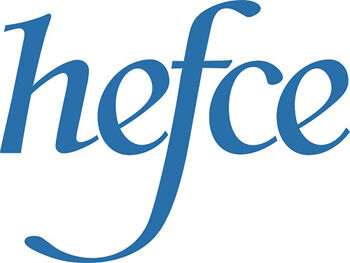University News Last updated 13 April 2017

Birmingham City University has joined a major project which will see £1 million ploughed into tackling barriers which prevent students from diverse backgrounds achieving the best results at university.
Research has shown that gaps exist between the higher education outcomes achieved by different groups, such as those from black and ethnic minority backgrounds, students with disabilities or part-time and mature students.
The cash has been invested by the Higher Education Funding Council for England (HEFCE) in a bid to ensure students from all backgrounds are given the support needed to get the most out of their time at university.
Led by Coventry University, the project will also include Staffordshire University, the University of Wolverhampton, CU Coventry, 6th Form College Solihull, Halesowen College and Stoke-on-Trent College.
The funds will be spent on providing new levels of support for students and addressing issues they face while moving to university.
Actions will also include closer engagement with newly enrolled students and using data to track those most at risk of becoming disengaged in a bid to foster a stronger sense of belonging and integration.
Professor Graham Upton, Vice-Chancellor at Birmingham City University, said: “Research has identified gaps between the higher education outcomes of people from different groups and we need to find ways to change that.
“This funding gives each of our institutions a real chance to make a positive impact and further improve the experience of our students.”
Each of the universities will work with their respective college partners to maximise the benefits of the project.
HEFCE announced a £375,000 investment for the project as part of its Addressing Barriers to Student Success programme to help tackle the causes of these disparities, with the remaining sum coming from investment across each of the four partner universities.